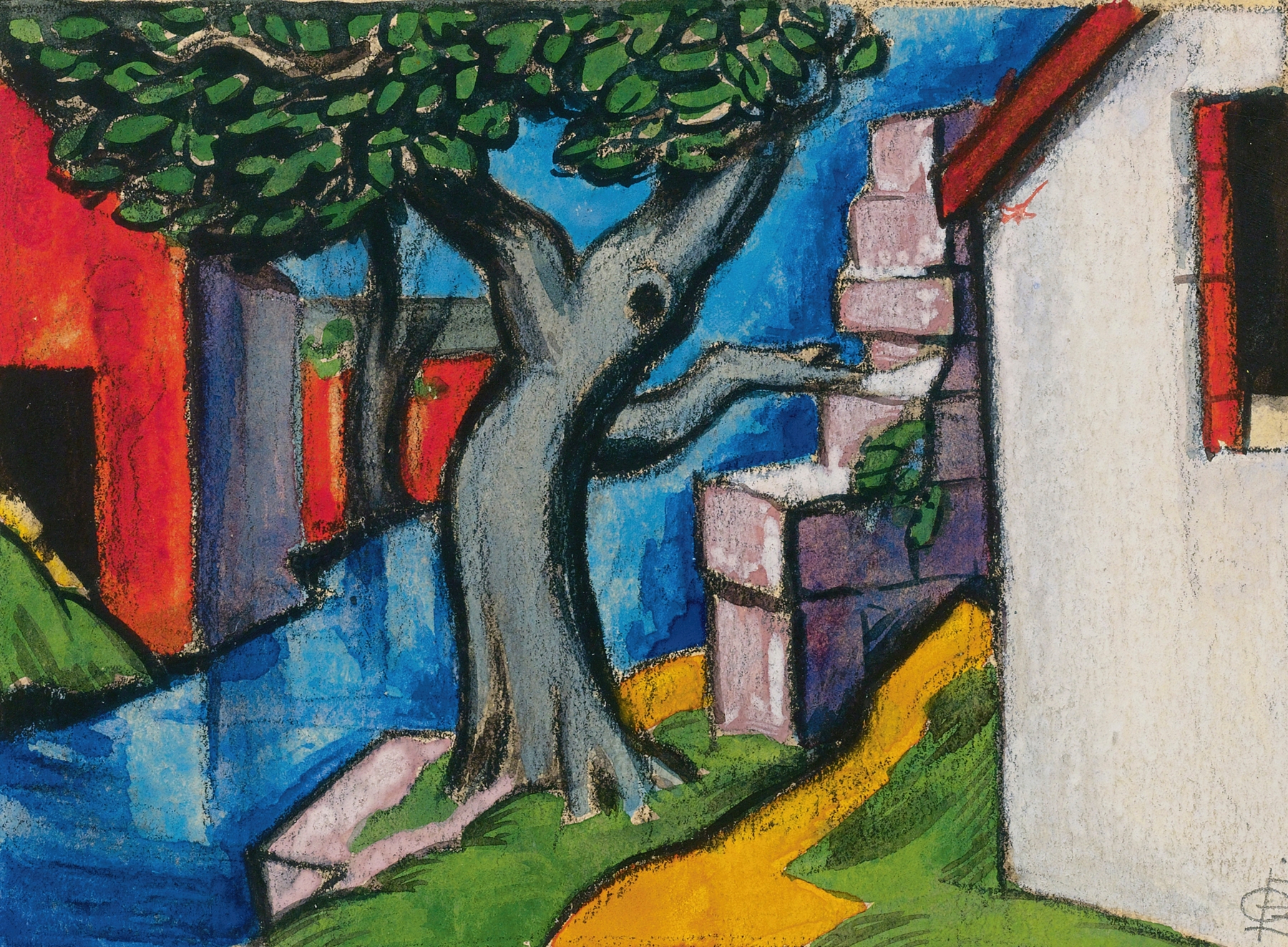Description
Mystic Tree by Oscar Bluemner printed on a Hoodie
About the Hoodie
Modern fit
It provides a more tailored look than a regular fit
Comfortable
The fabric and fit of this item are extra comfy
Tear-away tag
Easily removable tear-away tag that allows you to add a custom inside label
Premium quality
The product is made from premium, high-quality materials
Classic unisex hoodie with a front pouch pocket and matching flat drawstrings. The 100% cotton exterior makes this hoodie soft to the touch.
- 65% ring-spun cotton, 35% polyester
- Charcoal Heather is 60% ring-spun cotton, 40% polyester
- Carbon Grey is 55% ring-spun cotton, 45% polyester
- 100% cotton face
- Fabric weight: 8.5 oz./yd.² (288.2 g/m²)
- Front pouch pocket
- Self-fabric patch on the back
- Matching flat drawstrings
- 3-panel hood
- Tear-away tag
Oscar Bluemner (1867-1938)
Oscar Bluemner, born Friedrich Julius Oskar Blümner and after 1933 known as Oscar Florianus Bluemner, was a German-born American Modernist painter.
Bluemner was born as Friedrich Julius Oskar Blümner in Prenzlau, Germany, on June 21, 1867. He studied painting and architecture at the Royal Academy of Design in Berlin.
Bluemner moved to Chicago in 1893 where he freelanced as a draftsman at the World’s Columbian Exposition. After the exposition, he attempted to find work in Chicago. In 1901, he relocated to New York City where he also was unable to find steady employment. In 1903, he created the winning design for the Bronx Borough Courthouse in New York, although it is credited to Michael J. Garvin. The scandal that arose around this took down borough president Louis Haffen for corruption and fraud.
In 1908 Bluemner met Alfred Stieglitz, who introduced him to the artistic innovations of the European and American avant-garde. By 1910, Bluemner had decided to pursue painting full-time rather than architecture.
He exhibited in the 1913 Armory Show. He said that the Americans’ contribution failed to match that of the Europeans because the American selection process reflected rivalries and compromises rather than curatorial judgment, resulting in a “melée of antagonistic examples”. Then in 1915 Stieglitz gave him a solo exhibition at his gallery, 291. Despite participating in several exhibitions, including solo shows, for the next ten years Bluemner failed to sell many paintings and lived with his family in near poverty.
He created paintings for the Federal Arts Project in the 1930s.
After his wife’s death in 1926, Bluemner moved to South Braintree, Massachusetts. Bluemner committed suicide on January 12, 1938.






Reviews
There are no reviews yet.